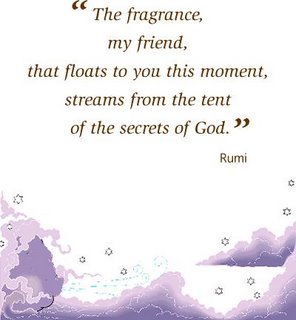It’s one thing to teach approach-approach conflict.
.
.
.
To roam from one side of the room to another, moving your hands, making collective eye contact with 14-16 pairs of eyes looking at you. One thing to give an example, a sober example and read the looks in their eyes. One thing to follow up on that example with a novel, perhaps even comical example… and watch the ice of seriousness crack down from the first row to the last one… as these individuals come to life. One thing to teach them how to give critical respect to Sigmund Freud, one thing to keep the Freud joke from becoming un-academic.
.
.
.
Yes, all of it is still… one thing.
.
.
It’s another thing to deal with the approach-approach conflict.
.
.
.
Faith makes it all so simple, doesn’t it? Just put your trust in Him and move on. Say farewell to those 14-16 pairs of eyes, and twice that many. To feel so little and silly yourself but to speak words of farewell in a tone of some highbrow, wise orator. And cut yourself short, and tell your insides, ‘Don’t do that…’. But such are human roles and expectations. But these 14-16 pairs of eyes, and twice that many, they were Messiahs. They expected something, yes, but gave much more in return.
.
.
.
I know their histories.
Like friends, sisters, brothers, children.
Even children. Even if it sounds pompous. Even if my insides tell me again, ‘Don’t say that…’.
I wonder how teachers take their work for granted, how the world doesn’t understand the plasticity of a human being when you stand as an instructor in front of 14-16 pairs of eyes, and that twice that many…
Even children. Even if it sounds pompous. Even if my insides tell me again, ‘Don’t say that…’.
I wonder how teachers take their work for granted, how the world doesn’t understand the plasticity of a human being when you stand as an instructor in front of 14-16 pairs of eyes, and that twice that many…
.
.
Two years of plasticity.
.
.
Of laughing their laugh, listening and listening and little more. And talking. And a little more. God, I know even this is pompous… whoever put standards on these things!
My little Messiahs, my buffers, my ‘vitals’… my hope in the world when it really seemed like the world was going to dogs.
“Okay, we are going to talk about…” And 90 minutes of that talk.
Twice a week, thrice a week.
---
And the tug from the Other Side.
My little Messiahs, my buffers, my ‘vitals’… my hope in the world when it really seemed like the world was going to dogs.
“Okay, we are going to talk about…” And 90 minutes of that talk.
Twice a week, thrice a week.
---
And the tug from the Other Side.
.
.
.
The Tug-ger… beyond human language in the first place, and my case is saved as the tug-ger would never want me to scribble a word about the Tug here. Wild impulse one feels when fingers drum on this keyboard… but I will honor your privacy, Tug-ger.
.
.
I will, inshAllah...

